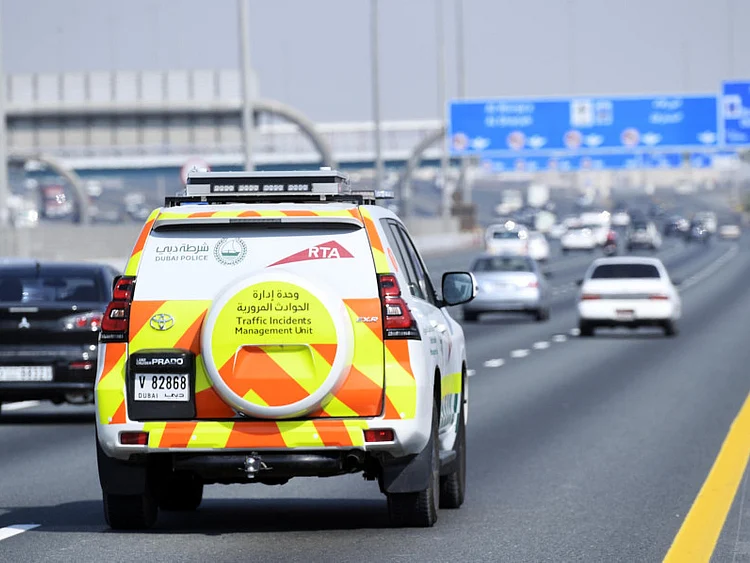Dubai: On the first day of Ramadan, traffic between the emirates of Dubai and Sharjah was a breeze, with no accidents reported.
The roads in the majority of highways were clear, except for the usual hotspots at National Paints roundabout and Al Ittihad Road.
Police, however, cautioned motorists to pay attention to the roads and observe road etiquette during the month of Ramadan.
Brigadier Saif Muhair Al Mazroui, director of the General Directorate of Traffic at Dubai Police, said: “Motorists should abide by traffic rules in the month of Ramadan and show patience and restraint with other drivers during hours prior iftar. The department will [also] facilitate the movement of worshippers at the entry and exit points of mosques.”
He stressed that Dubai’s traffic department has intensified traffic patrols, especially close to prayer times, and pointed out that “enforcement officers are cracking down on motorists who commit offenses that undermine road safety.”
Brig Al Mazroui urged all drivers to avoid committing violations when parking their vehicles, especially in front of mosques.
The advisory message also warned drivers to avoid speeding during peak hours, adhere to traffic rules and not to rush before the call for iftar.
Fasting: Dehydration, low blood sugar
Thomas Edelmann, managing director of Road Safety UAE, explained that fasting can result in dehydration and low blood sugar, which in turn can affect the attentiveness, concentration, vision and reaction of motorists.
“In addition to fasting, the often unusual and irregular meal timings and sleep patterns can cause fatigue, exhaustion, impatience and distraction,” said Edelmann.
“Besides the mid-morning rush-hour, also the time just before sunset is also problematic, because motorists tend to rush towards their iftar appointments. This pre-iftar rush hour is a mix of psychological urges and physical needs and motorists might use this as an excuse to misbehave on the roads,” he said.
How to drive safe
“Road traffic accidents, injuries and fatalities peak in the holy month of Ramadan. It is sad to witness hundreds of accidents and dozens of fatalities every year,” said Edelmann.
“Ramadan is a very special time and its all about being with the ones close to you”.
Network Links
GN StoreDownload our app
© Al Nisr Publishing LLC 2026. All rights reserved.
